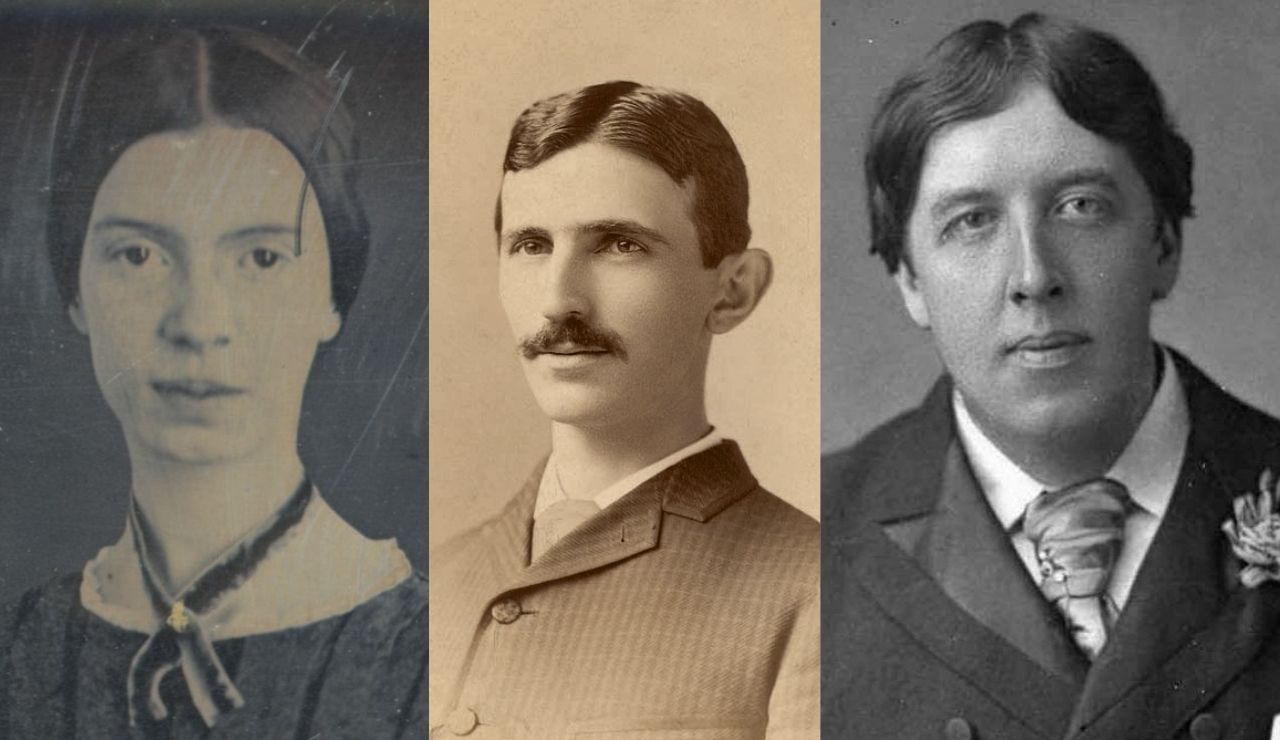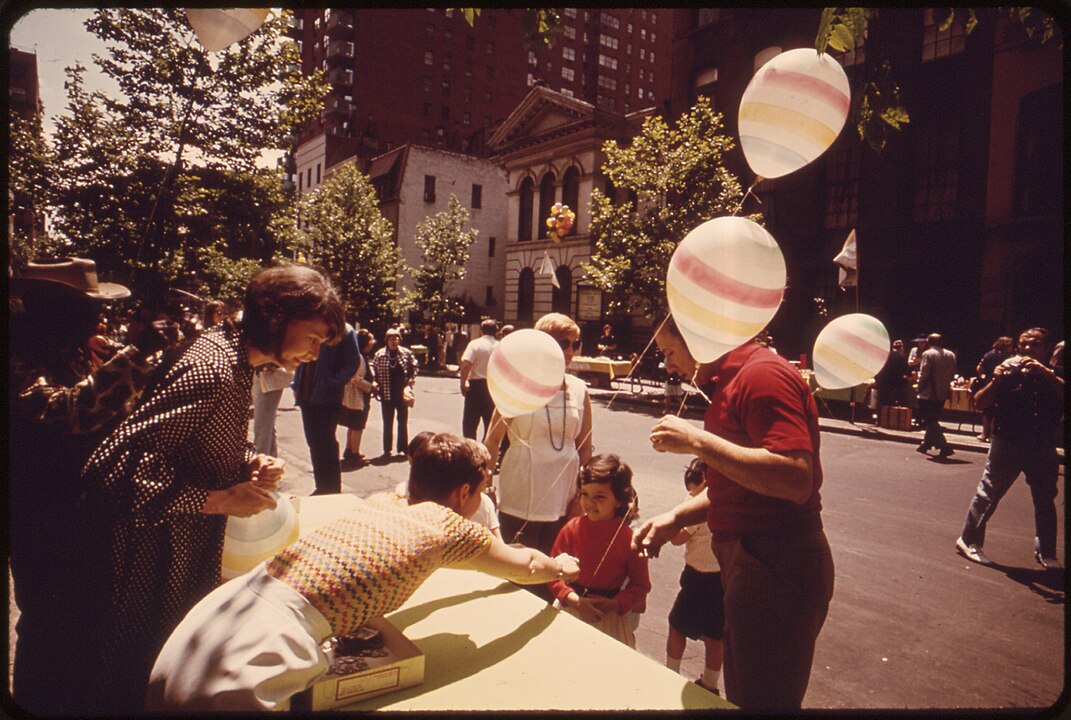We often assume that major historical names lived lives of power and luxury. But fame did not always come with fortune. Many of the world’s most celebrated thinkers, artists, and leaders died with little to their names. Despite shaping history, they struggled with debt, financial missteps, or systems that failed to reward them. These stories prove that legacy and wealth do not always go hand in hand.
1. Nikola Tesla
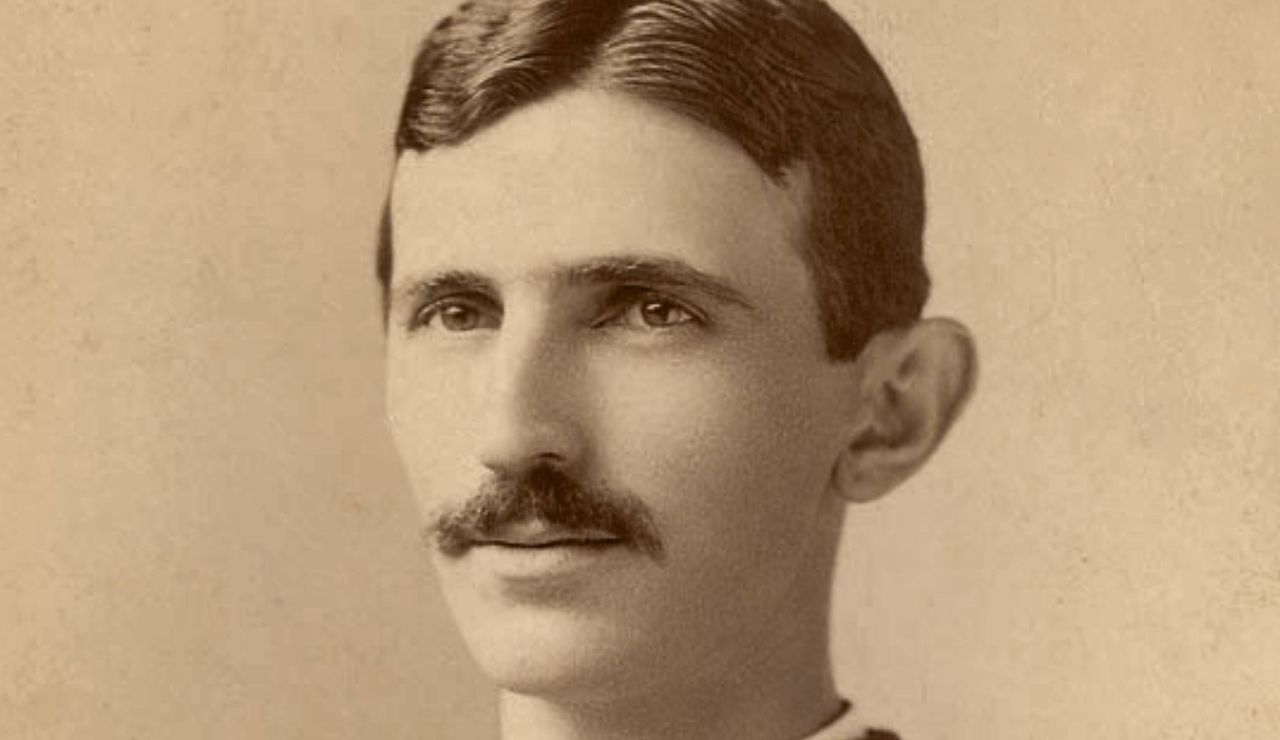
Tesla’s inventions changed the world, but he spent most of his life in hotels he could barely afford. He secured over 300 patents and shaped modern electricity, yet poor business choices and fierce competition drained his income. When he died in 1943, he was living alone in a New York hotel room, deeply in debt and mostly forgotten by the public.
2. Vincent van Gogh
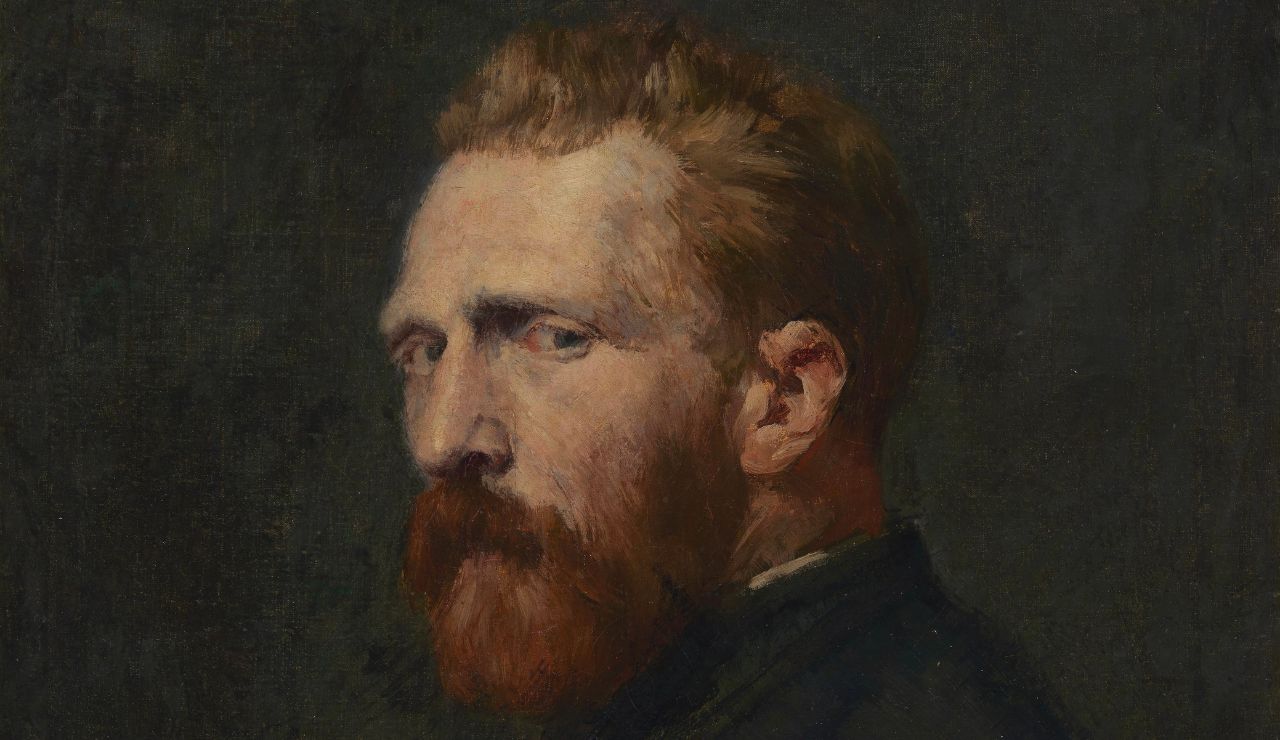
Van Gogh created hundreds of paintings, including works now worth millions. During his life, though, he sold only one. He battled mental illness and relied on support from his brother to survive. He died in 1890 at the age of 37, penniless and unrecognized. Today, he is seen as one of the most influential artists of all time.
3. Edgar Allan Poe
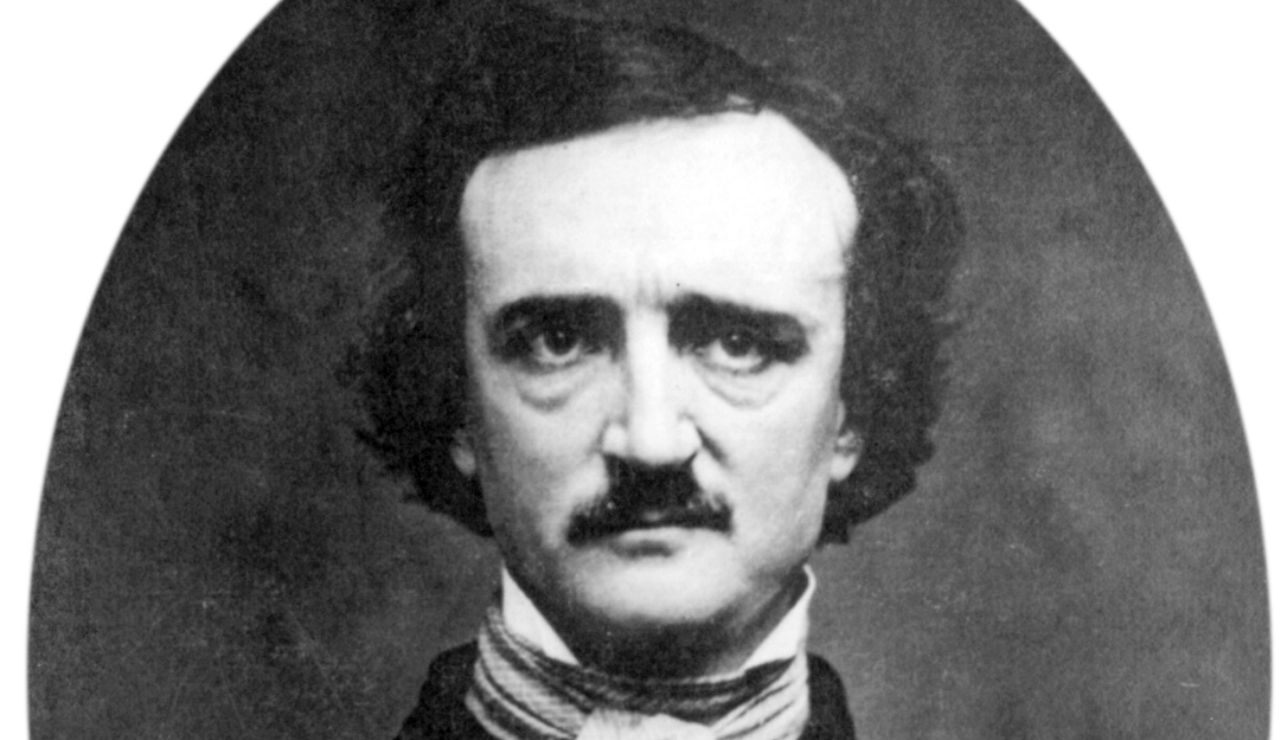
Known for his dark poetry and short stories, Poe lived a life filled with financial instability. He struggled to support himself through writing and often relied on small editorial jobs. Personal losses and alcoholism worsened his situation. When he died in 1849 under mysterious circumstances, he left behind little more than a legacy of American gothic literature.
4. Oscar Wilde
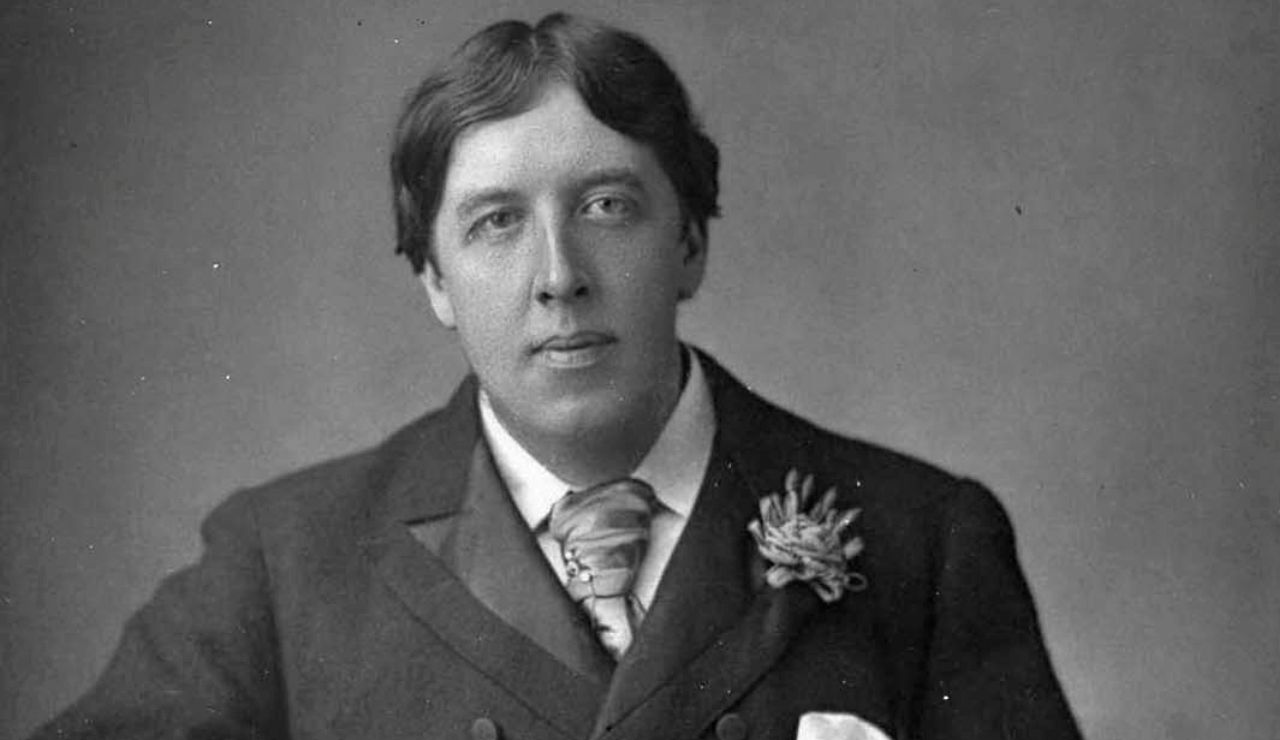
Wilde was the toast of London’s literary scene, famous for his wit and theater success. But after being imprisoned for “gross indecency,” his reputation collapsed. He was released in poverty, exiled to France, and struggled with illness. When he died in 1900, he had no savings and lived under a false name in a cheap Paris hotel.
5. Joseph Haydn
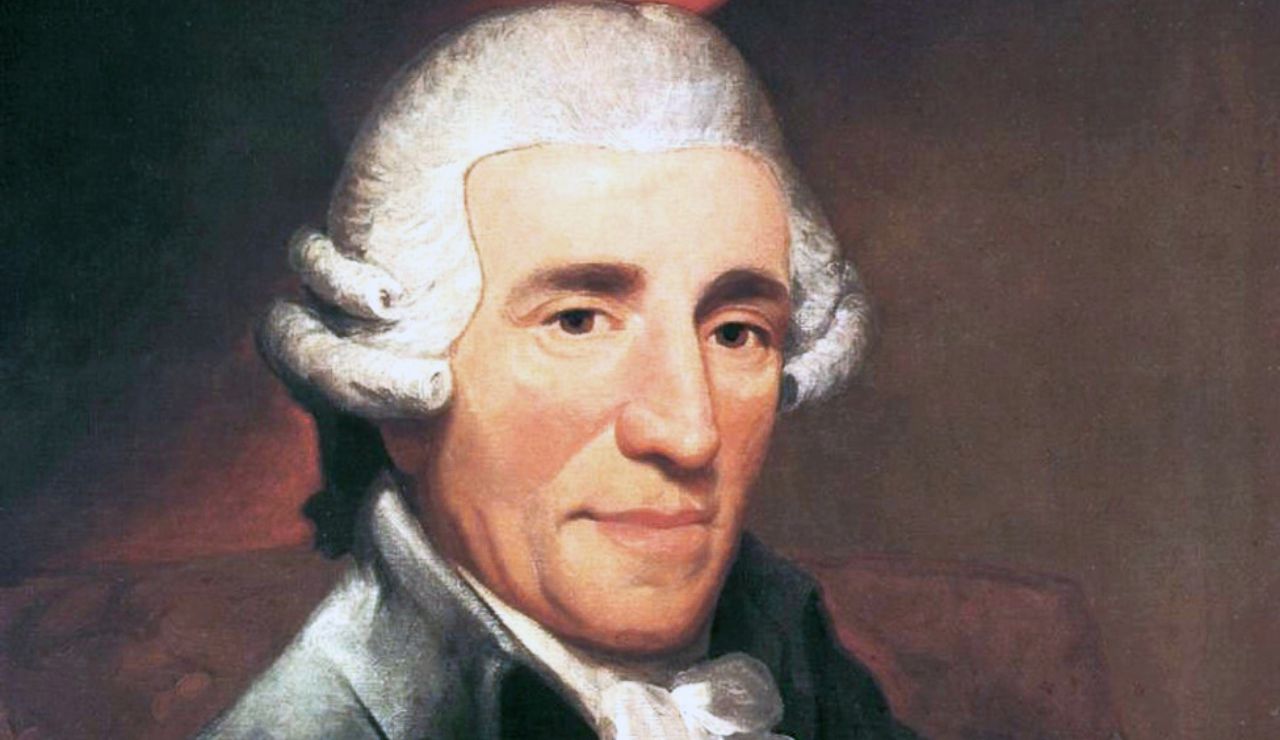
Though Haydn was once celebrated as one of the leading composers of his time, the final years of his life brought illness and financial decline. He helped shape classical music and taught Beethoven, but his declining health left him unable to work. Without steady income or royalties, Haydn spent his last years in Vienna with limited means, despite his earlier fame across Europe.
6. Anton Chekhov
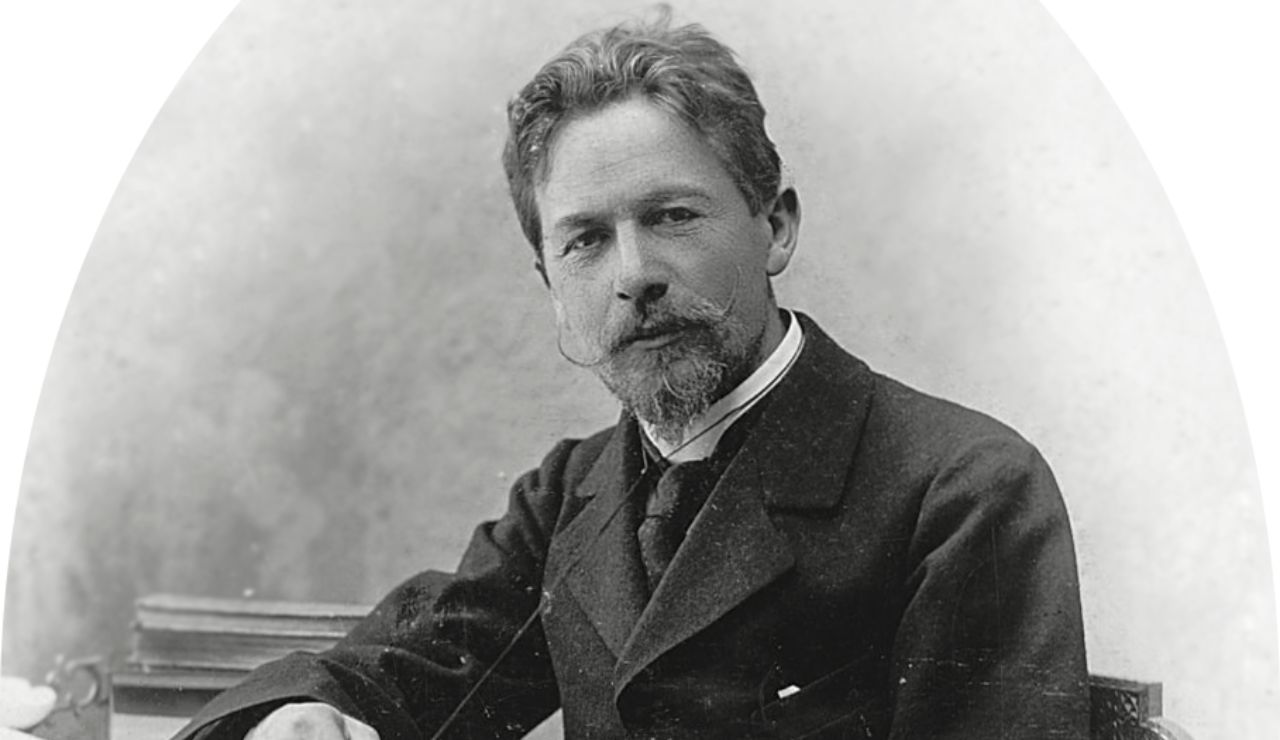
Chekhov is widely recognized as a master of short stories and theater, but he never enjoyed great financial comfort. A practicing doctor for much of his life, he used his medical work to support his writing. He lived modestly, often battling tuberculosis, and died in 1904 with little wealth. His influence on modern storytelling grew only after his passing.
7. Bela Lugosi
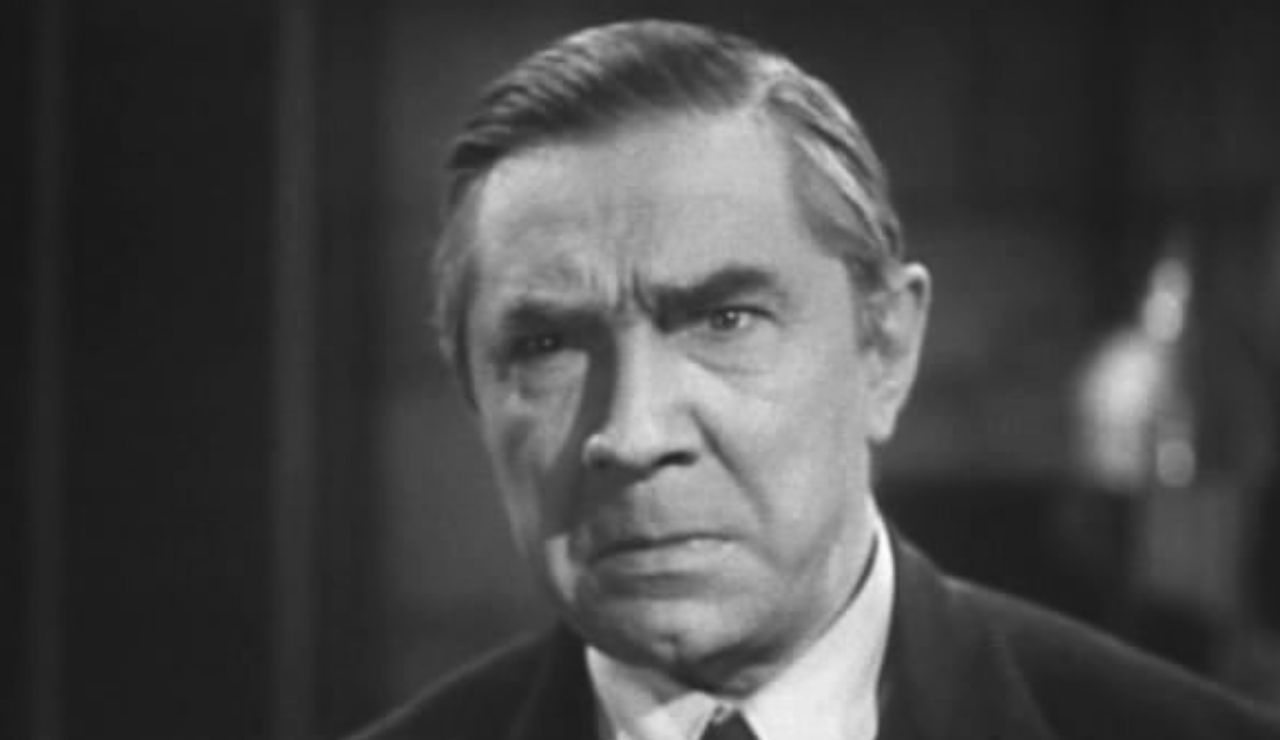
Lugosi became world-famous for playing Dracula in the 1931 film, but his career faded as he became typecast. Work became scarce, and he developed a dependency on medication. By the end of his life, he was acting in low-budget horror films to stay afloat. He died in 1956 nearly broke, though his iconic role remains etched in film history.
8. Thomas Paine
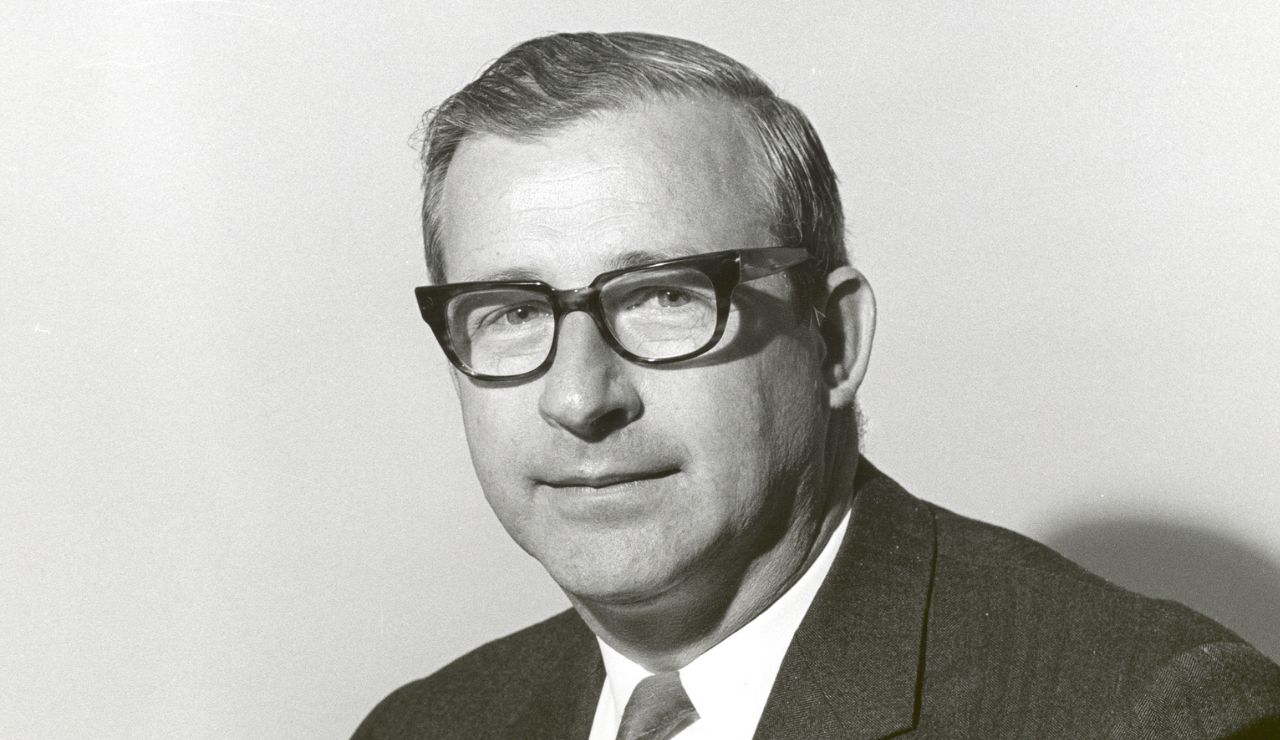
Paine’s writings helped ignite the American Revolution, yet he died nearly forgotten and in poverty. His pamphlet Common Sense inspired independence, but later works attacking organized religion made him unpopular. He received no lasting financial support for his political influence. Paine died in 1809 in New York with only a handful of people attending his funeral.
9. Franz Schubert
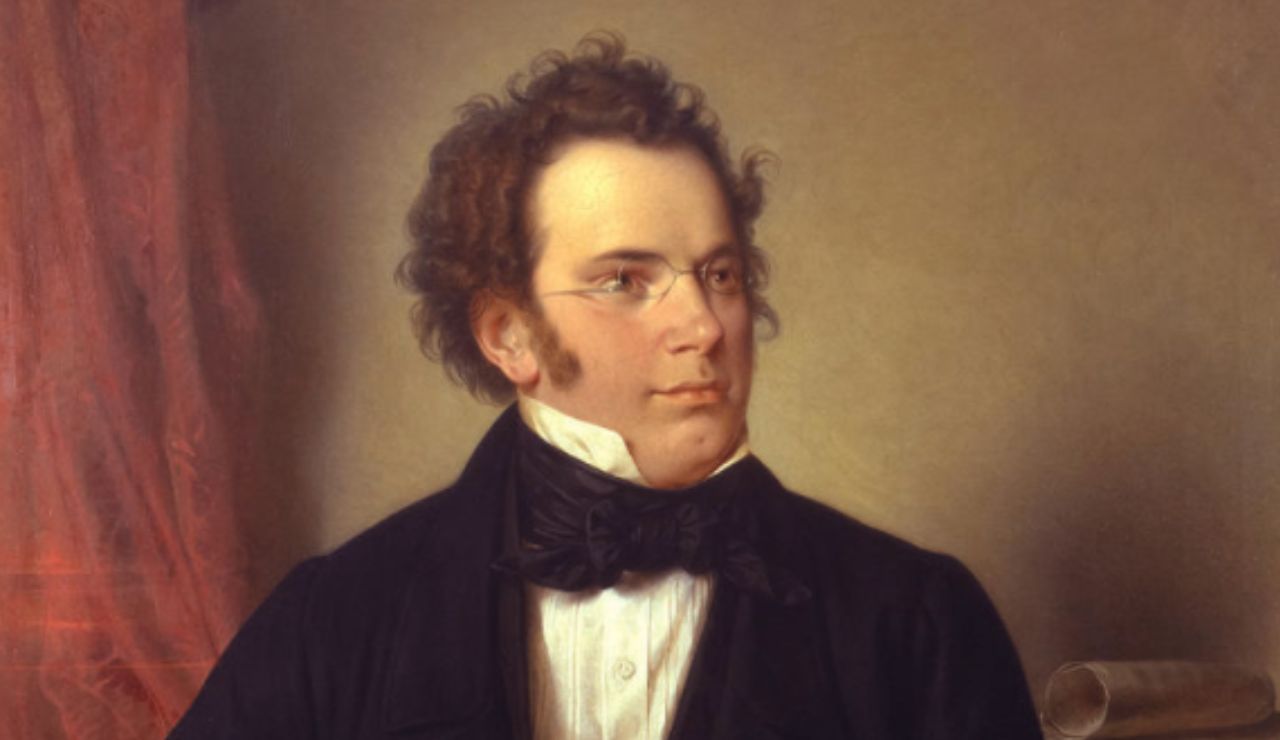
Schubert composed over 600 songs and shaped Romantic music, but he struggled financially throughout his life. He often lived in shared apartments and sold music for small sums. He died at 31, likely from typhoid, with very little money or recognition. His music only gained widespread appreciation years after his death, when publishers began to share his work more widely.
10. Emily Dickinson
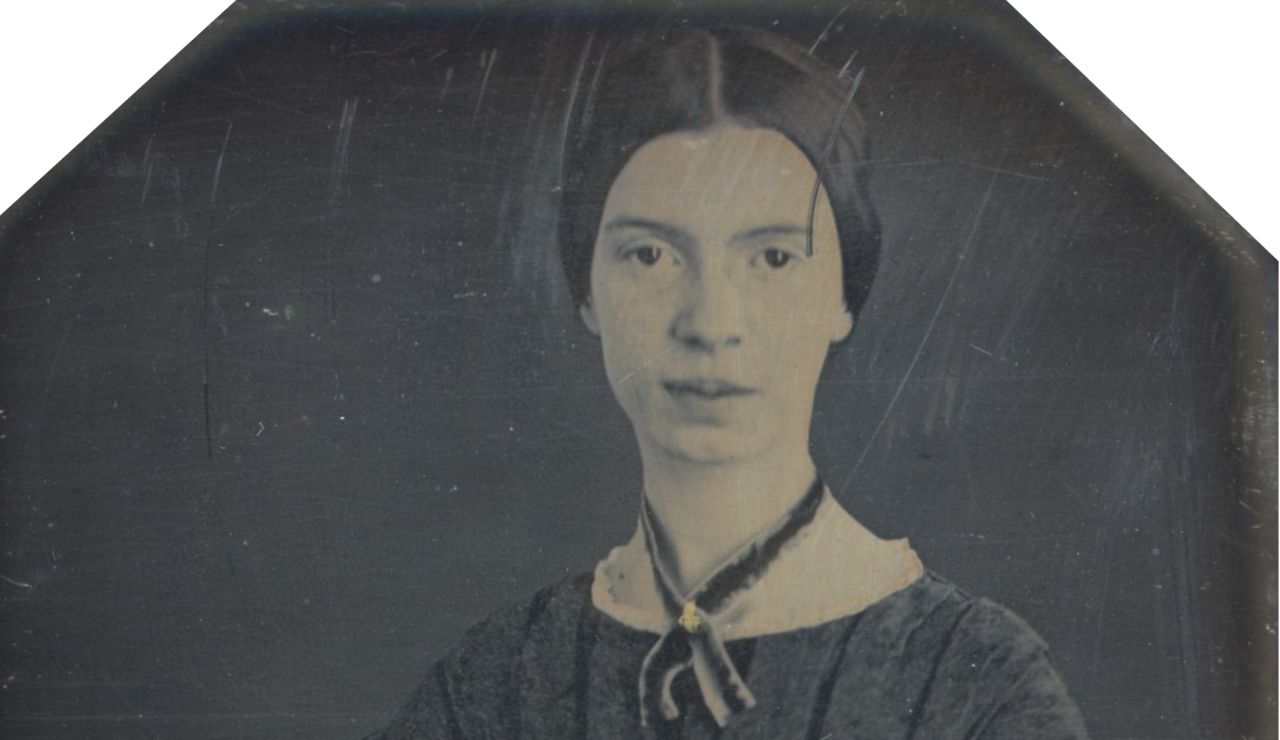
Now seen as one of the greatest American poets, Dickinson lived a quiet, reclusive life and published very little during her lifetime. She received little recognition or income from her writing. After her death in 1886, hundreds of poems were found in her room. Her fame came posthumously, and she never knew how widely her words would be read.
